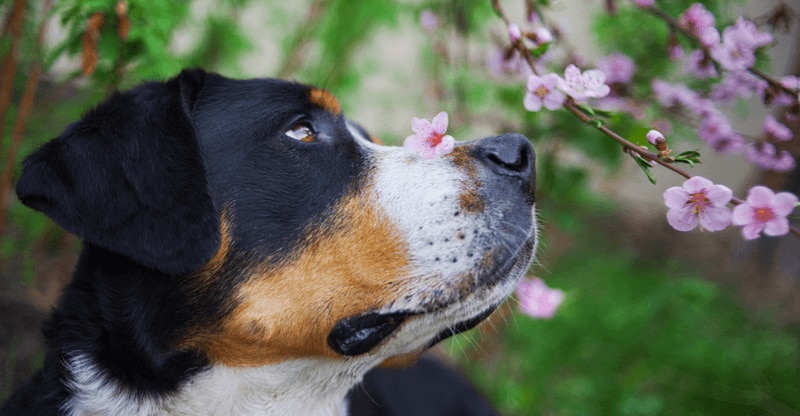Can Dogs Eat Cherries?

Avoid giving your dog cherries. These red berries are not only highly toxic but are a choking hazard and cause stomach and bowel obstructions. Like avocados, cherries have a hard center pit, which can damage or break teeth, tear the throat lining and cause blockages that may require surgery.
Are cherries bad for dogs?
Stone fruit contains a hard pit, which dogs and people should avoid ingesting. There are a variety of cherry pits found inside the fruit. Most common is the double-layered center comprising a hard-outer shell and an even harder inner seed.
Are cherries pits bad for dogs?
The danger of dogs and cherries:
- Hard pits damage teeth, and at its worst can break a tooth enough to cause a fracture right up to the nerves in the gums, causing immense pain.
- Razor-sharp ridges of the texture pit shell that can tear through the delicate lining of the throat.
- Sizes of the pit, large or small, can be a choking hazard if swallowed.
- Obstructions caused by pits lodged in the intestine, stomach or bowel are painful and dangerous and often result in surgical removal.
- Sometimes discovered inside fresh fruit, rotten pits are known to cause stomach ache and related gastrointestinal issues.
- Spoiled fruit flesh ferments and converts natural sugars into alcohol, causing intoxication.
- Pits contain cyanogenic natural chemicals, which the body turns into cyanide, resulting in trace amounts of cyanide poisoning.
- Cherry flesh is high in fiber and can cause diarrhea.
Dogs and cherries: Signs of cyanide poisoning
The cyanide compounds inside cherry pits rarely cause toxicity, unless consumed in large amounts. It’s safer not to give a dog any cherry fruit that includes pits or seeds, however, accidents do happen.
If your dog gains access to a bowl of cherries and consumes them whole, take your pet to a veterinarian immediately as ingestion can lead to poisoning. Signs of cyanide toxicity may include:
- Dilated pupils
- Appetite loss
- Gagging and/or vomiting
- Red gums
- Lethargy
- Labored breathing
- Drooling
- Convulsions
- Paralysis
- Death
What to do if your dog eats a cherry pit: Treatment
If your dog has accidentally eaten a single cherry, it likely is not an emergency. However, it is always recommended to contact a veterinarian as soon as possible to ensure your dog’s health and safety.
Cherries can cause an allergic reaction for some pets and these bright red berries are also known to be highly toxic. The pits of cherries are particularly dangerous, and ingestion of the hard seed is a serious concern.
If you suspect your dog has eaten any variety of cherry, including parts of the stem, leaves or seeds ensure you have a plan of action.
Pet plan for emergencies: Important information to have on-hand
- Clearly outlined instructions of what any member of the family, friends or house sitters must do if your dog needs medical treatment.
- The name and phone number of your dog’s veterinarian and vet practice.
- The contact details of the nearest 24-hour emergency veterinarian in your area.
- Learn how to perform a Heimlich maneuver safe for dogs.
- Survey the area where your dog was found, look for evidence of whatever he has swallowed or eaten. Save a sample in a sealed bag or container for your vet.
- Check inside your dog’s mouth to see if there is any obstruction, like a cherry pit.
- At eye-level with your dog, open his mouth, gently pushing the lower jaw down to see inside. Remove the pit with your fingers if you can.
- Do not force your dog to vomit before speaking to a veterinarian.
- Do not give your dog a medication traditionally for human use without consulting a veterinarian.
- Get help from a veterinarian as soon as possible, even after you have dislodged an obstruction. Your dog needs to have a physical examination to determine whether there is still any danger.
Learn more about caring for your dog
The safest treats for a dog are always treats made especially for your dog. Get more dog nutrition tips from experts. Subscribe to the Petfinder Newsletter.